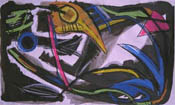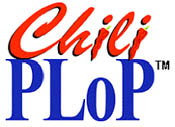The position of Program Chair is one with rewards and recognitions But to get to that point, there are a number of things that must get done.
PLoP

Pattern Languages of Programs (PLoP™) conference is a premier event for pattern authors and pattern enthusiasts to gather, discuss and learn more about patterns and software development... Learn More
Euro PLoP

EuroPLoP™ is a conference that explores, develops and celebrates patterns in software. As with PLoP™ in the US, the main focus of EuroPLoP™ will be a series of writer's workshops where pattern authors work together to improve their patterns... Learn More
GuruPLoP
![]()
GuruPLoPTM is hosted in India and is open to pattern authors, pattern users, and software designers and developers from around the world... Learn More
ChiliPLoP

The 13th Annual ChiliPLoP features "hot topics" for experienced folks... Learn More
Asian PLoP
![]()
AsianPLoPTM is hosted in Tokyo, Japan and is open to pattern authors, pattern users, and software designers and developers from around the world... Learn More
SugarLoaf PLoP

SugarLoafPLoP brings together researchers and practitioners whose interests span a remarkably broad range of topics, who share an interest in exploring the power of the pattern form... Learn More
Viking PLoP

VikingPLoP is a conference in the tradition of the PLoP conferences, held in different places in Scandinavia; that's what the Vikings did -- they were always moving to new territory... Learn More






